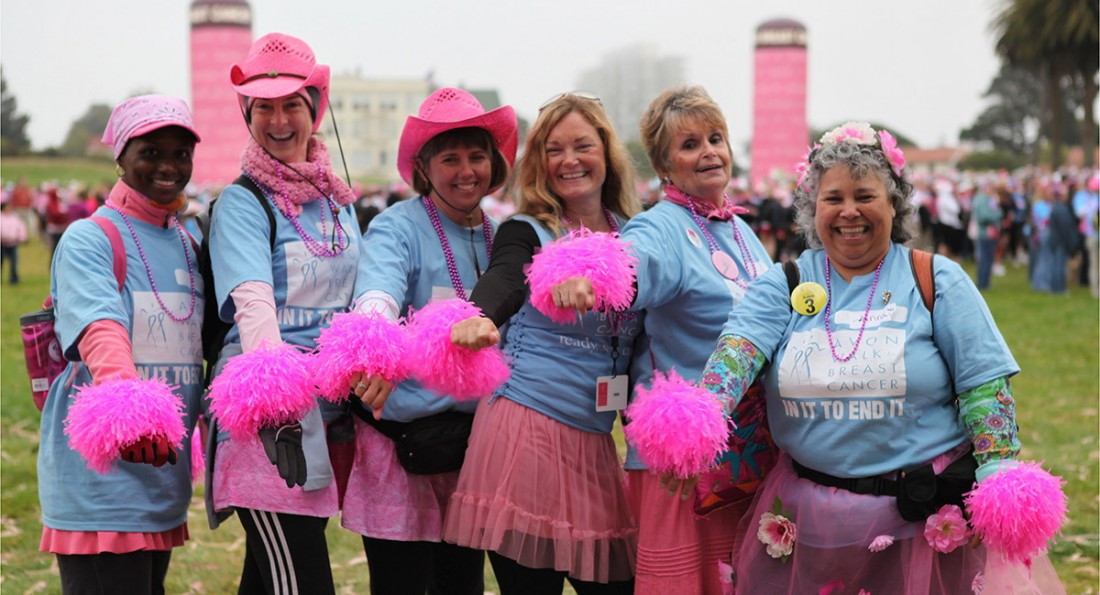Empathy is cute, or whatever
A simple request for social media activists
I don’t think there are a whole lot of people out there who disagree with the concept of charity – helping out your fellow human is a basic part of being a good or at least an empathetic person.
If you’ve donated to charity, you’ve probably participated in fundraisers. When we participate in these positive events our intentions are always in the right place. We want to help out someone who might not have all the same privileges that we enjoy.
The good news is that there are a lot of great charities and causes out there to put your support behind. In fact, take a look around Winnipeg. There’s a whole plethora of events, causes, and benefits happening every week.
But what happens when these good intentions we all seem to have just aren’t enough? Sometimes you have to do more than just click the “like” button on Facebook.
I like to think that, by now, we all know that sharing a sappy story on Facebook or Reddit is not a very effective way of saving a Ugandan kid’s life. In fact, it probably won’t do much of anything, other than stroke your ego.
Sadly, a lot of social media activism seems to serve that one shallow purpose.
Now, don’t get me wrong: Internet bandwagons aside, social media can be an integral tool in learning about and understanding people with cultures and backgrounds that are different than your own. I’ve learned a lot, of what honestly should be common knowledge, about the LGBT community, simply by conversing with people and organizations via Twitter.
It’s very possible to use social media to participate in social justice. We just need to learn to think critically. Learn to separate the fancy sensationalism from the topics that actually matter and will affect people positively.
Even some of the most widely supported, and massively respected causes can be taken advantage of and used as a means to simply exploit people.
Take the pink ribbon and breast cancer awareness, for example. The pink ribbon symbol has been appropriated by those who only care about monetizing it. <i>Pink Ribbons, Inc.</i>, a 2011 documentary based on a 2006 book by Samantha King, explores this concern. I would highly recommend viewing or reading it.
It’s sad to say, but many big organizations see breast cancer as a relatable disease and thus a rallying point from which to sell products and make money off of victims and their pain.
There’s something terrifying about seeing victims of such a horrible disease be used to make money like that – it goes to show that big corporations won’t think twice about attaching themselves to human struggle for the purpose of making a buck.
In the end, just because a cause may seem to have good intentions, just because you may want to help someone, somewhere, doesn’t mean you should take the easy route.
No one ever said helping people would be easy. You shouldn’t be doing this for a pat on the back. If you want to make our world a better place for everyone, stand up, do some research. Look for the best way to help those around you. Think globally, act locally. And for fuck’s sake, don’t “like” this on Facebook.
Ashton Khan is a philosophy student at the University of Manitoba. You can usually find him on Twitter, making stupid jokes that are not even very funny.
Published in Volume 68, Number 4 of The Uniter (September 25, 2013)







